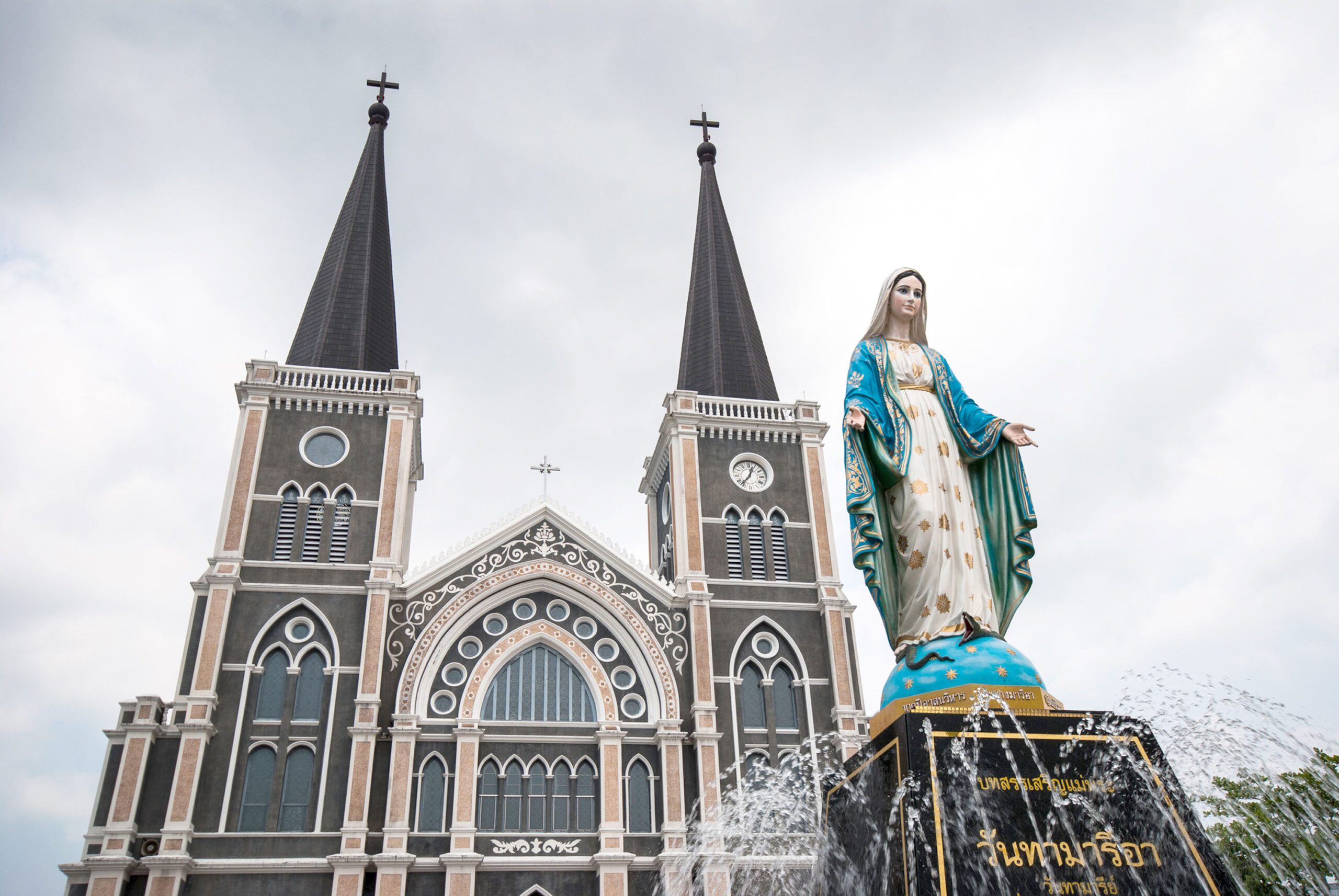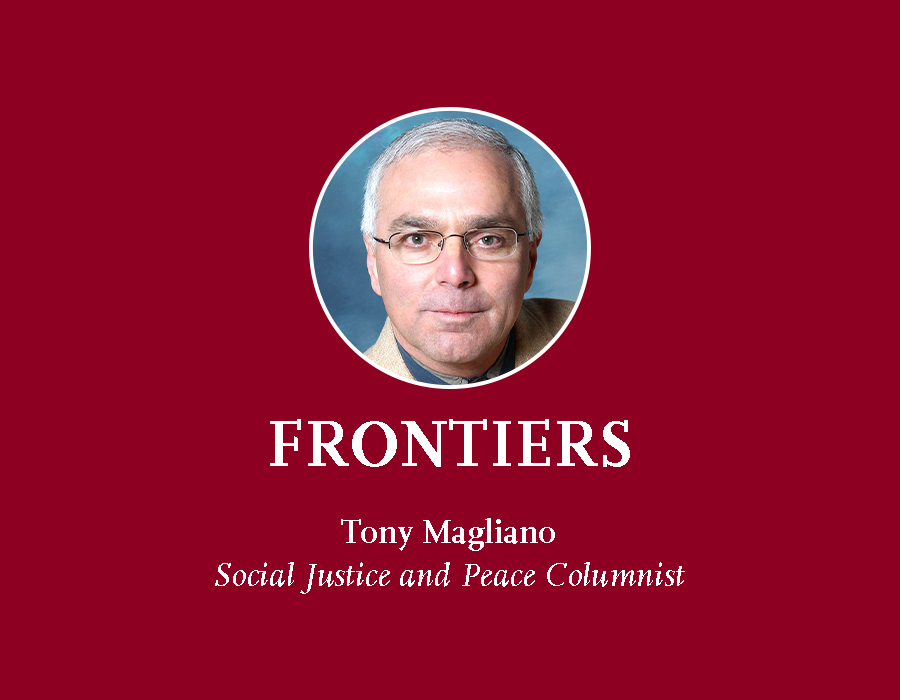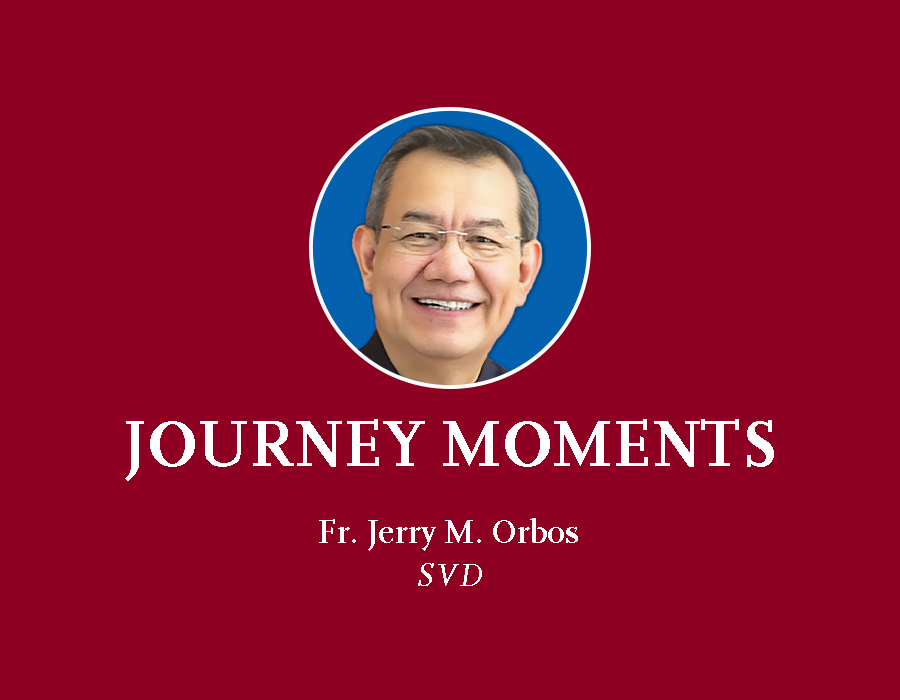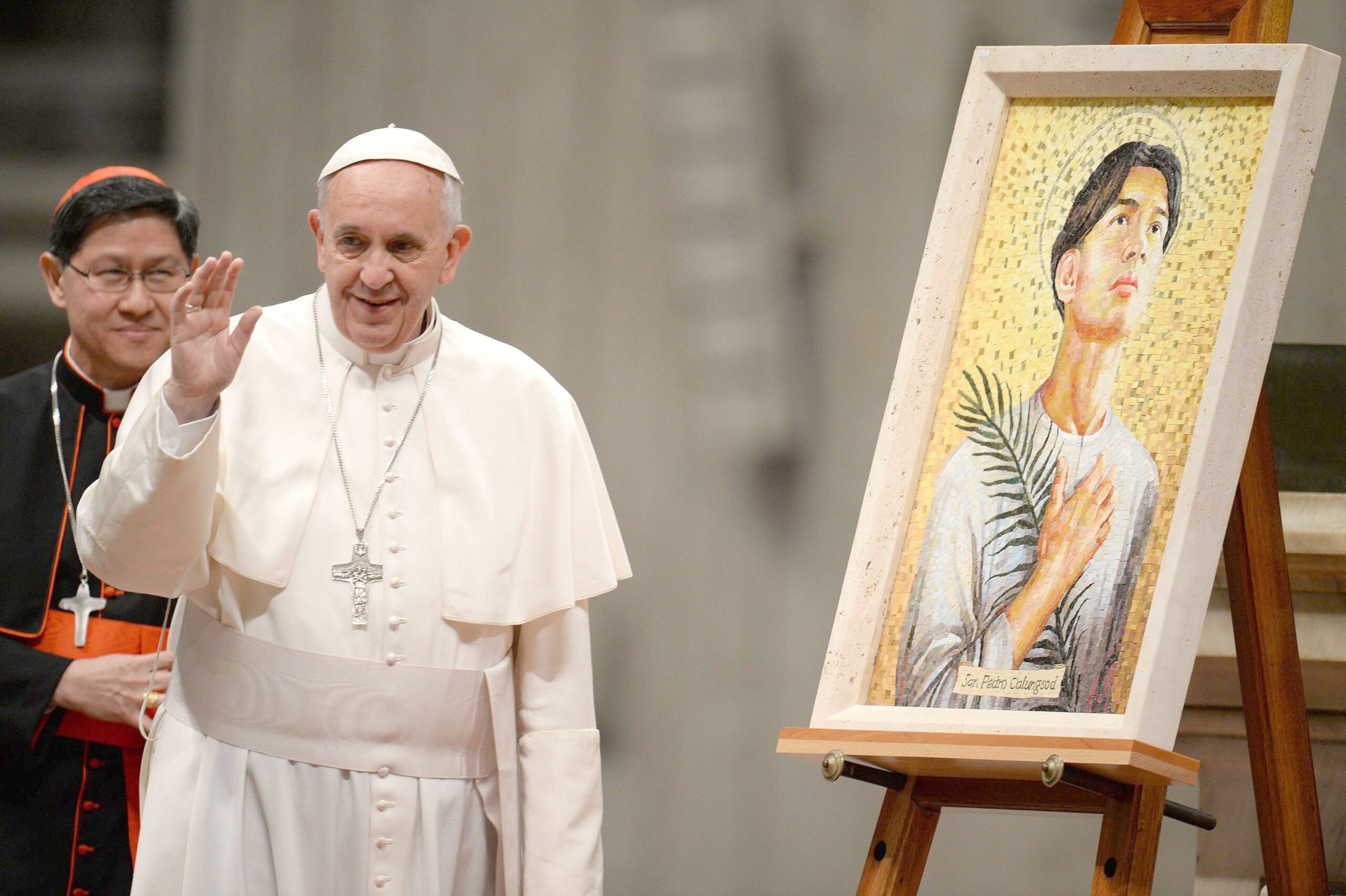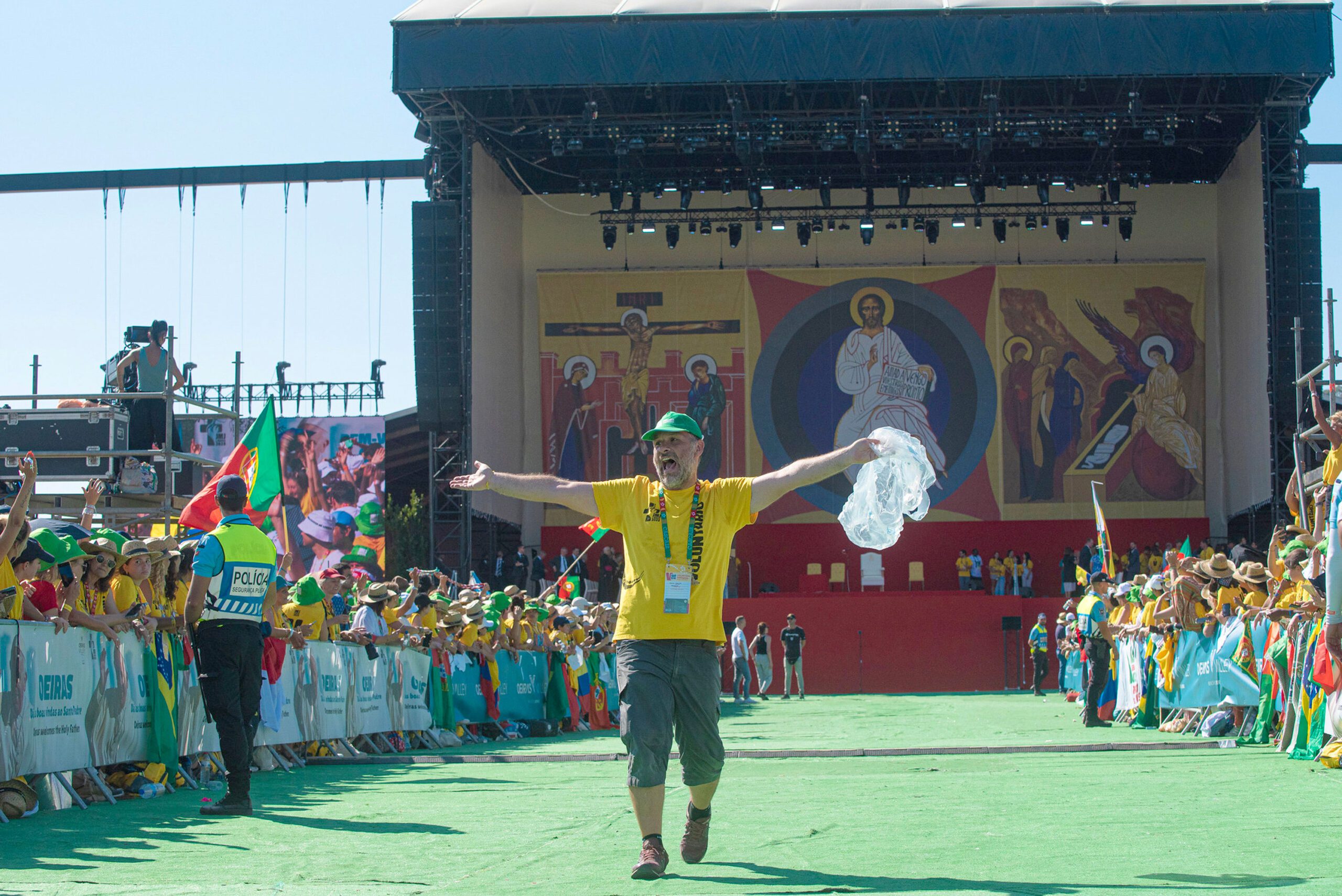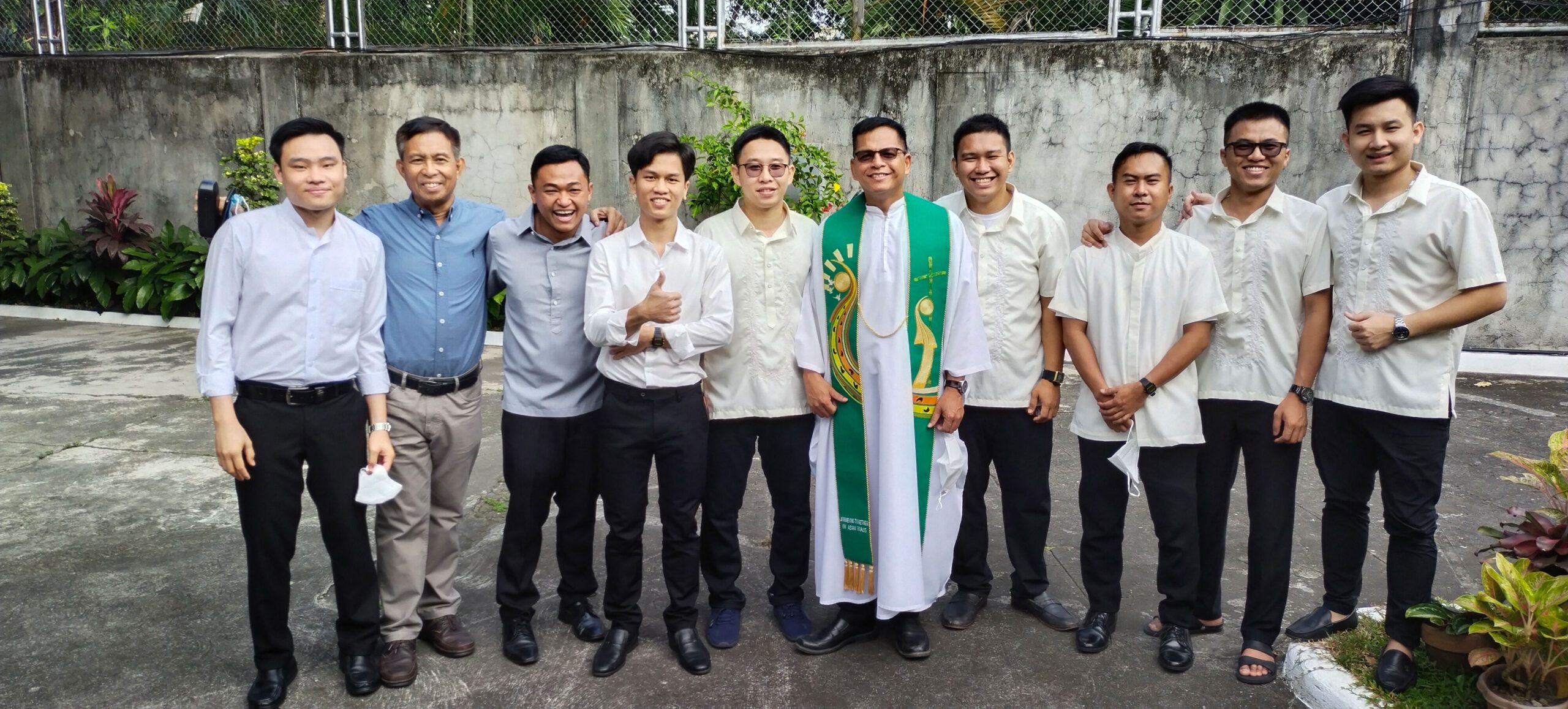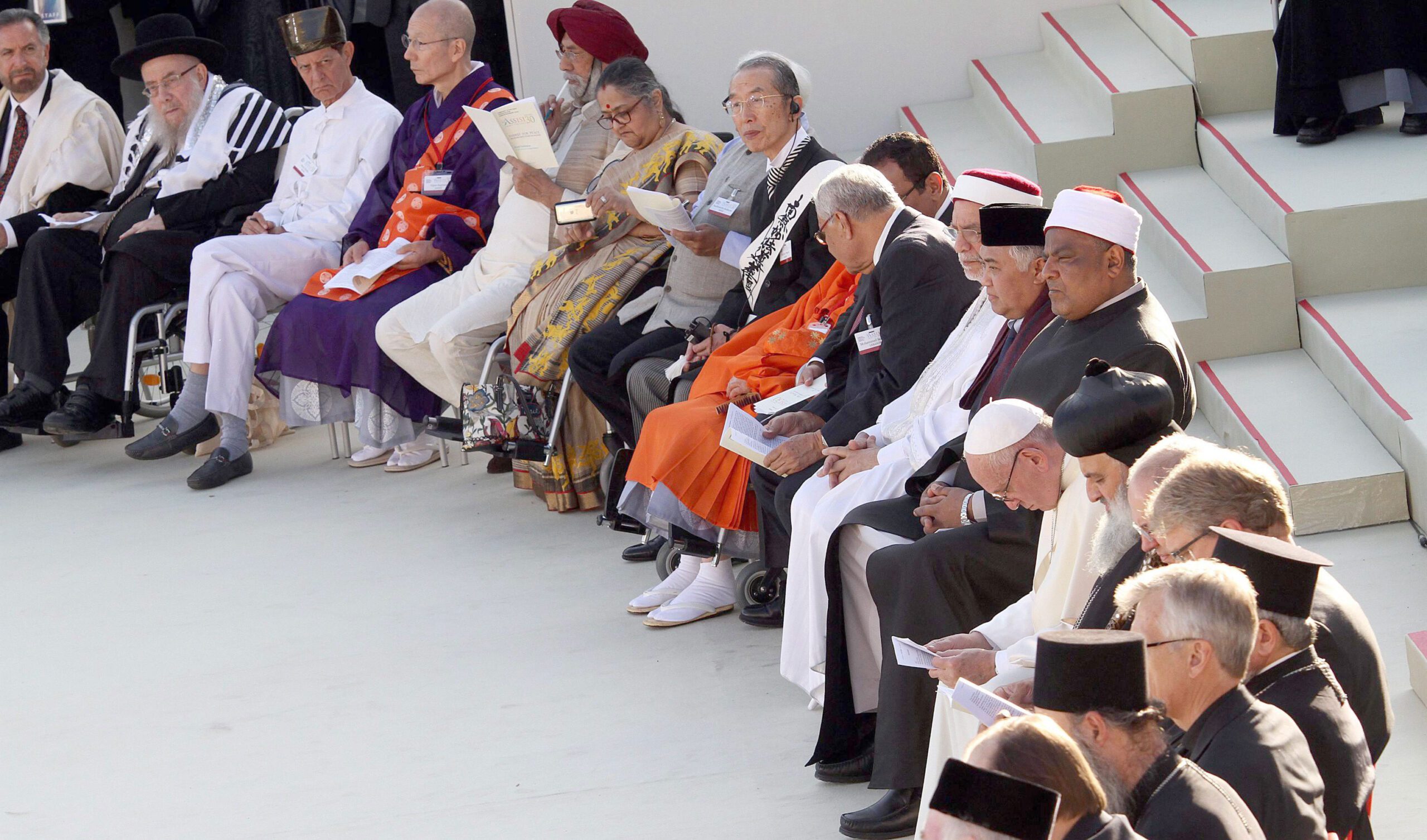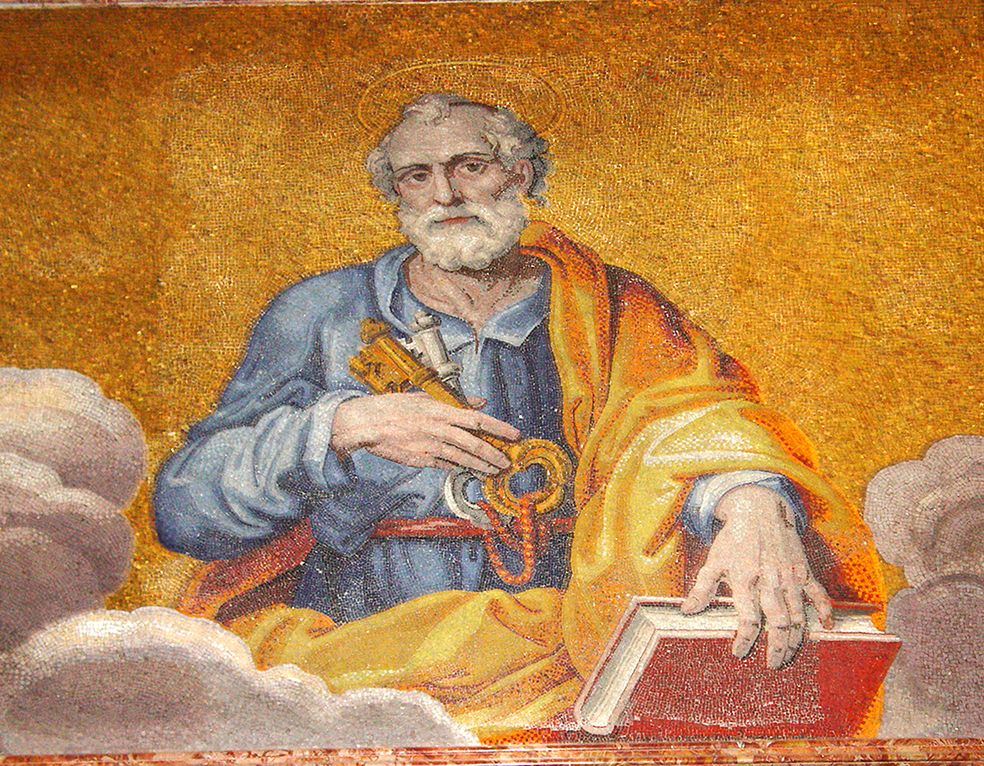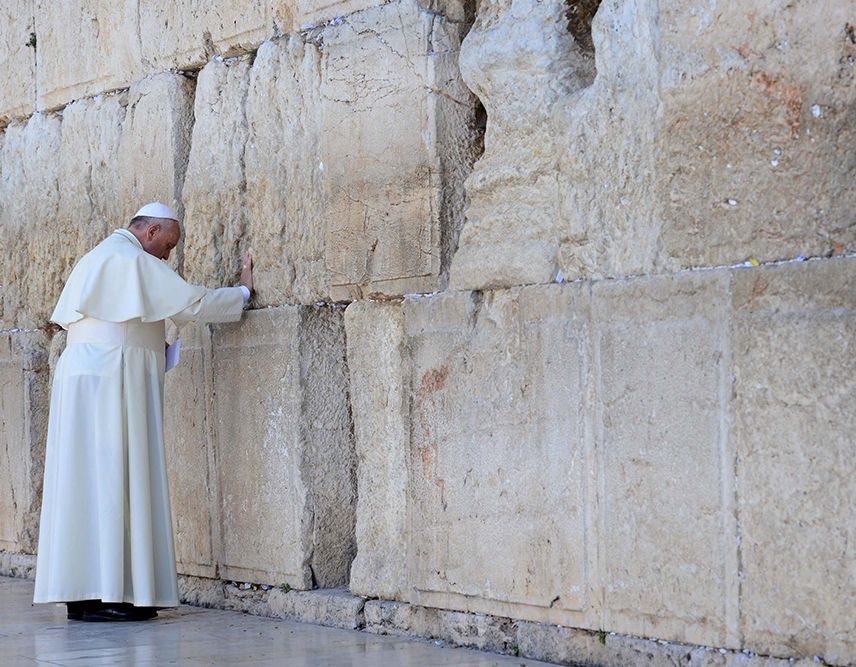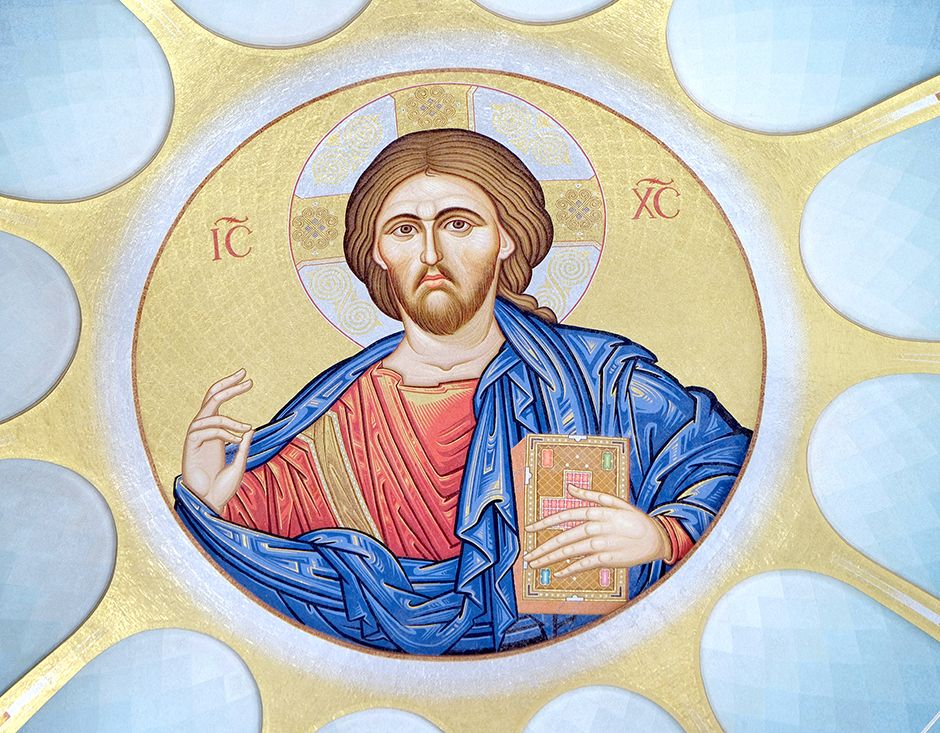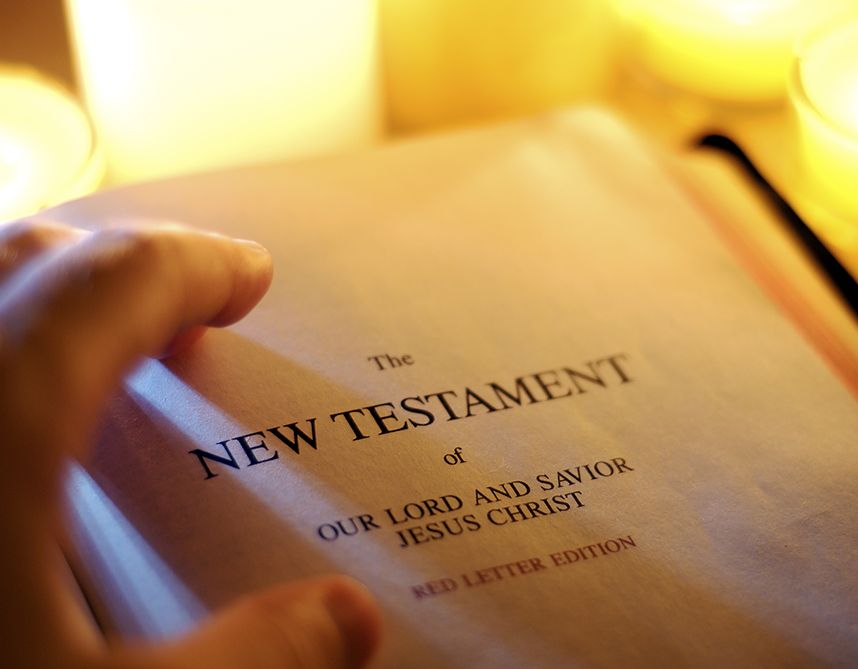In the book of Isaiah, the good king Hezekiah was sick with a festering wound and in danger of death. He prayed fervently to God and was healed. He was so happy that he composed a beautiful hymn. With striking images he describes his sickness and the danger of death, and then writes:
“For you have preserved my life from the pit of nothingness, you have thrust all my sins behind you. For Sheol cannot praise you, nor Death celebrate you; those who go down to the pit can hope no longer in your love. The living, the living are the ones who praise you as I do today, fathers tell their sons of your love”.
In the Old Testament, the idea of a life after death, where God rewards goodness and wickedness is punished, appears only gradually together with the resurrection of the body. In the beginning, the reward of faithfulness to God and his commandments is expected in this life. Numberless Psalms, like Hezekiah’s poem, express the dread for the grave and the joy of being spared the darkness of Sheol.
Sheol is a word of unknown origin, meaning the “underworld” which the dead “go down to” and where the virtuous and the wicked lead a colorless existence. God is not praised there although the dead are not outside God’s power. Eventually, Sheol, the pit, is synonymous with the grave.
Then, little by little, the conscience of a life after death emerges, as we can see from some relevant passages, and it prepares the full blossoming of this doctrine and conviction in the New Testament.
ANTICIPATIONS AND CLEAR AFFIRMATIONS
The doctrine of a reward and punishment beyond the grave and of bodily resurrection is anticipated somehow by some passages of the Psalms and other books. Still, it doesn’t appear definite until the Old Testament draws to a close.
Clear affirmations of the immortality of the soul and the resurrection of the body appear in the context of the persecution and the experience of martyrdom, like the courageous statement of the second of the seven brothers in 2 Maccabees 7:9: “With his last breath he exclaimed, ‘Inhuman fiend, you may discharge us from this present life, but the King of the world will raise us since it is for his laws that we die, to live again forever’”.
The most famous is in Wisdom 3:1-5, “But the souls of the virtuous are in the hands of God, no torment shall ever touch them. In the eyes of the unwise, they did appear to die, their going looked like a disaster, their leaving us, like annihilation; but they are in peace”.
THE RISEN JESUS ENTERS HEAVEN
In the New Testament, the fact of the Incarnation brings a new perspective: the Son of God comes into the world to share our life so that we may be able to enter God’s life, the Trinitarian family, life after death. The resurrection of Jesus is the foundation of our faith in the resurrection of the body and life everlasting. We have very many passages in the New Testament where this truth is attested, but we quote only the following words of Jesus: “In my Father’s house there are many places…I am going now to prepare a place for you and I shall return to take you to myself” (John 14:1-3).
So strong is the faith in the life to come, that the first Christians felt that they did not belong to the world: “For us, our homeland (citizenship) is in Heaven, and from heaven comes the Savior we are waiting for, the Lord Jesus Christ, and he will transfigure these wretched bodies of ours into copies of his glorious body” (Philippians 3:20-21). The Risen Christ is the first fruit of a saved humanity. He is our eternal point of arrival.
CHRISTIANS ARE LIKE TRANSIENTS
A very beautiful document of the position of the Christians in the world is the Letter to Diognetus, a text of the second generation of Christians, very relevant even today: “The difference between Christians and the rest of mankind is not a matter of nationality, or language, or customs. Christians do not live apart in separate cities of their own, speak any special dialect, nor practice any eccentric way of life…Nevertheless, the organization of their community does exhibit some features that are remarkable, and even surprising. For instance, though they are residents at home in their own countries, their behavior there is more like that of transients; they take their full part as citizens but submit to anything and everything as if they were aliens. For them, any foreign country is a motherland, and any motherland is a foreign country. Though destiny has placed them here in the flesh, they do not live after the flesh; their days are passed on the earth, but their citizen is above in the heavens.”






